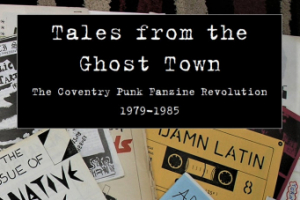
In my basement and throughout my house, there are 100’s of magazines and 100’s of fanzines that serve as some of the last vestiges of my youth. The countless CDs, cassettes and vinyl records also inhabit many parts of my house as well. Much to the chagrin of my family, these piles of archives will never leave me. The crates and boxes could easily be arranged into a rudimentary furniture set you may have had in college or something. When I think about my adolescent years in the 1980’s, it always starts and ends with music. The joys of tape trading, going to shows, buying fanzines and other merch, loitering in record stores, talking about bands from all over the world, these were the topics that dominated my life. The fanzines played a big part in this process for me as well as many others.
I bought the fanzines because some of them were funny, others informative, some of them were written by friends, and others a combination. The insatiable drive to discover underground music from all over the world has never waned. Fanzines were a great way to connect to other parts of the world. I had penpals from all over Europe, Japan, Australia, Canada and of course the UK and US that I traded with. I remember discovering all of this music, and at the center of it all, was the fanzine. The DIY aesthetics gave them charm. Over the years, I learned a lot about the foreign scenes and the artists that made them. I learned about language, culture, politics, direct action, animal rights and a million other topics. I even learned enough to start a record label with a few friends. Every paycheck went to buying the music I read about in some random fanzine or others that were circulated a bit more regularly. Again, the fanzine was the epicenter of it all.
I remember going to my father’s office with him to commandeer the copier to create the fanzine I was working on. For a guy not into punk music, sometimes he was punk as f**k as the old saying goes. A lot of fun memories revolve around creating zines. Going back and reading them 30 + years later is a treat.
Anyway, my little introduction should be enough for you the reader to understand the significance of the early fanzine culture of the mid 70’s, through the 80’s and the early 90’s. Not many know this culture better than Alan Rider. Alan has been involved in the fanzine culture since the beginning. This is his second book dedicated to the fanzine. The first book, Adventures In Reality, The Complete Collection was a deep dive into his fanzine Adventures In Reality, and this one, Tales From The Ghost Town dissects not only his impact with Adventures In Reality, but others in the Coventry scene as well. Alan has been featured on Brutal Resonance probably more than any other artist that I can think of. This will be the 7th time we have come together to bring you something Alan Rider related. Tales From The Ghost Town is a blast down memory lane as well as a document of punk/post punk history.
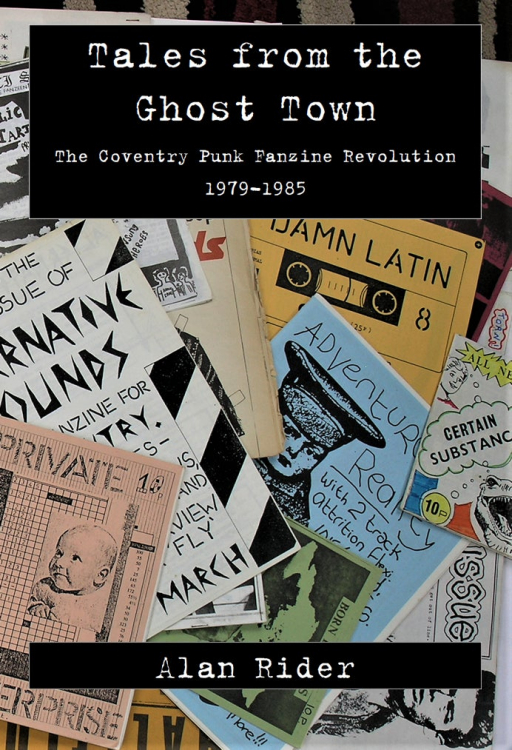
How did the idea for this book come to be? Why the name Tales From The Ghost Town?
I started working on the book around 10 years ago, basically because I felt that as the years went by, fragile artifacts like fanzines would disappear as every time a loft or garage got cleared out or someone moved house, more would get thrown away until they were gone forever. Fanzines documented the punk and post punk scene, especially on a local level which wasn’t covered well by the mainstream music press. Coventry, UK was a perfect example of that with a huge number and variety of fanzines covering a range of genres. Some only lasted one or two issues. Others ran for a few years and many issues. With over 50 different zines produced in that one small area over just a few years it was a hotbed of DIY punk inspired creativity that needed documenting before it disappeared forever, and I felt I was best placed to do that having been a fanzine editor myself at that time.
The book title is a reference to the track ‘Ghost Town’ by the Specials (who were from Coventry of course). Horace Panter from The Specials wrote the foreword to the book so it sort of has their backing.
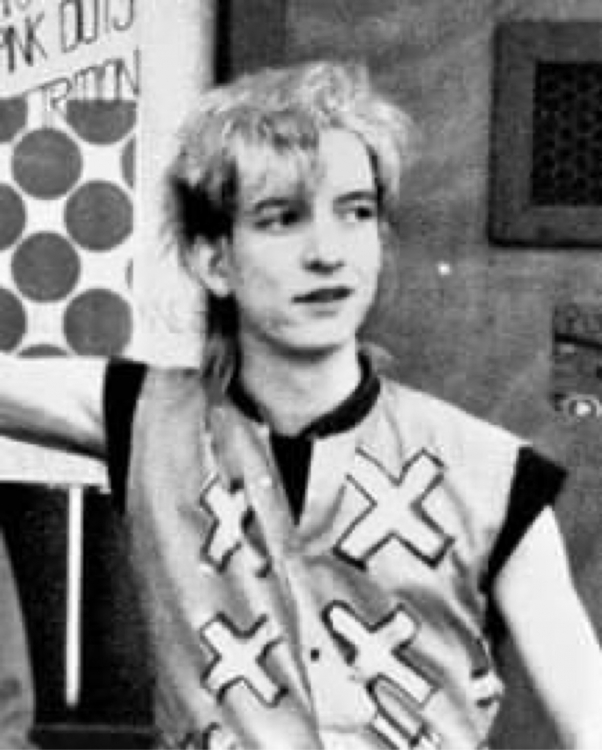
You said it was generally accepted that Sniffin' Glue was the first proper punk fanzine which came out in 1976. Tell us a little about this fanzine and how it inspired you and others?
Sniffin’ Glue was generally seen as the first true punk fanzine, at least in the UK, but others quickly sprang up at the same time. In their different ways all were an inspiration to go out and create your own fanzine, in the same way that punk inspired so many to start their own bands. It’s the same energy and ethos and was very much the nature of those times. A bigger inspiration to me personally though was coming across the first punk fanzine from Coventry. That was so close to home it made it all the more real in terms of inspiration to create my own one.
Your fanzine Adventures in Reality was inspired in part by your good friend Martin Bowes' fanzine Alternative Sounds. What was it about Alternative Sounds that led you to Adventures in Reality?
Alternative Sounds is the original Coventry punk fanzine I was referring to. As such it was a real inspiration and after writing a few reviews for it, I felt I had to start my own. That was simply the punk ethos and way of doing things. You always did things yourself if you could and I really embraced that with Adventures in Reality. I never wanted to copy Alternative Sounds though. Right from the start I wanted to do something different and did. You couldn’t compare the two, each had its own unique identity. All of the Coventry fanzines were different actually. We all inspired each other, but no one copied anyone else. That’s what made it so varied and creative as a scene.
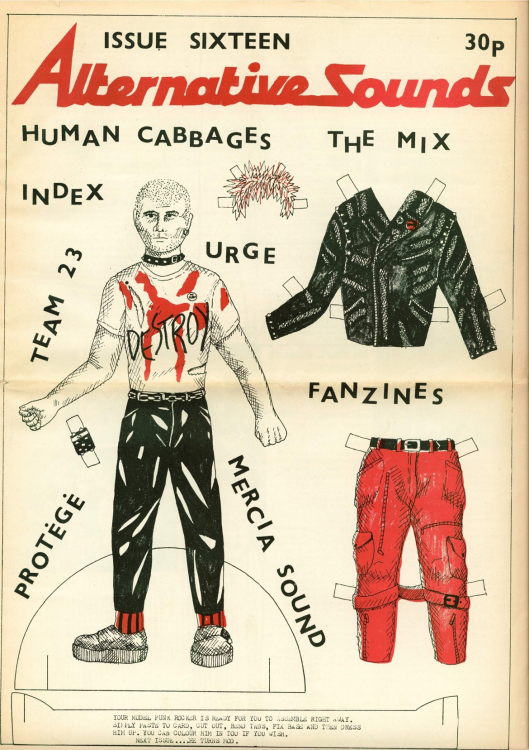
You mentioned a symbiotic relationship between the bands and the fanzines. This same sentiment was mentioned by Nicholas Bullen in his experience writing Anti-Social. He said the experience taught him how to write and print fanzines and even play instruments. He goes on to say his band Napalm Death may not have existed if not for that experience. What are your thoughts on that?
I know Nic and his co-editor Miles said that producing their fanzine Anti-Social lead directly to their forming Napalm Death – which in turn lead to grindcore and a whole host of other musical genres beloved of the readers of Brutal Resonance. When they started their fanzine they were very young, 12 and 13, and were actually inspired by my fanzine to start theirs. I used to sneak them into the back of some gigs and buy them cider, so I like to think I was a bad influence on them and that played a small part in their doing what they did. Many local fanzine editors were actually still at school and into the Anarchist punk scene. Kids were politicized and took a strong anti establishment stance at an early age back then.
How did the fanzine experience influence your work in Stress, Dance Naked and beyond?
It was a natural evolution. Many fanzine writers go on to form bands e.g. Sniffin' Glue editor Mark Perry formed ATV, Martin Bowes formed Attrition and so on, including myself. I guess if you write about music enough at some point you have to stop talking about it and start doing it yourself. That fierce independence and wanting to always try something a bit different certainly ran through both Stress and Dance Naked, as it did with Adventures in Reality.
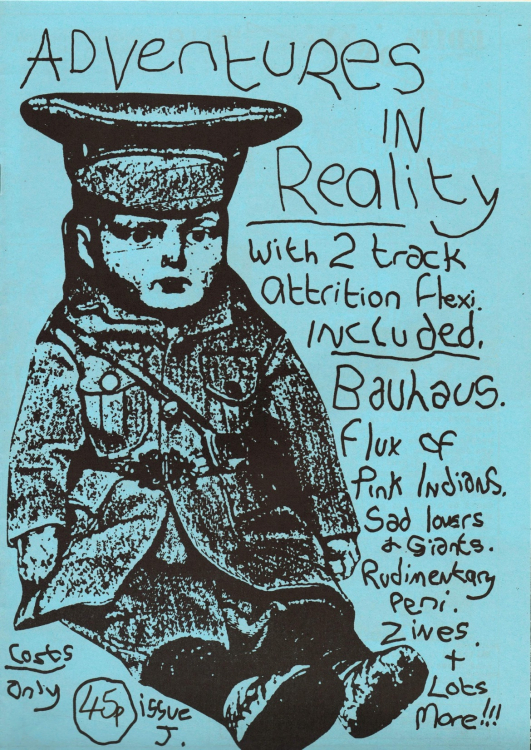
Lee Dorrian later became a member of Napalm Death. He also had his fanzine Committed Suicide? You mentioned a lot of the earlier anarcho inspired fanzines featuring CRASS. Perhaps it was getting too played out and fanzines should focus their attention elsewhere. Lee seemed to do just that. What stood out about Committed Suicide?
As I say in ‘Tales From The Ghost Town’, what made Committed Suicide stand out was the quality and intelligence of Lee’s writing. Talking to him recently he seemed slightly embarrassed by his efforts at the time writing Committed Suicide, but he needn’t be, it’s a great fanzine. The whole Anarchist Punk scene did get very stale though. There were a huge amount of bands and fanzines but they were all very samey, so people like Nicholas Bullen and Lee got disillusioned with that. With Crass the ideals were always a lot stronger than the music though and they continue to inspire me even now thinking about it.
What inspired so many people to create their own fanzines? Was it a platform? Or perhaps a need to connect with the music, the people involved in the music and times, or something else?
I think it was the need to participate and do things for yourself as we have discussed. Being more than just a passive consumer drove everything in the post punk world. It was just an energy that existed and ran through everything at the time. That was partly driven by the environment which was pretty harsh and bleak. That spurred people to say fuck you and do something they wanted to do without needing anyones permission. We all need a bit of that!
These days with social media everyone has a platform. What still inspires people to create fanzines?
For some it’s an artistic statement, for others a nostalgia for the original fanzines and those times. The fact that fanzines still exist is, in some ways, a surprise, but they still fulfill the same function; they are something you can create yourself, independent of any corporate processes. They are firmly analogue, physical and very personal. They are usually sold directly by you to your readership without the need to go begging to a distributor or shops. That gives you a level of control that simply does not exist in any other area of our lives. Music itself, for example, relies entirely on commercial channels (distributors, streaming services, online stores, etc) to succeed. Sticking two fingers up to all of that has to be an inspiration still, surely?
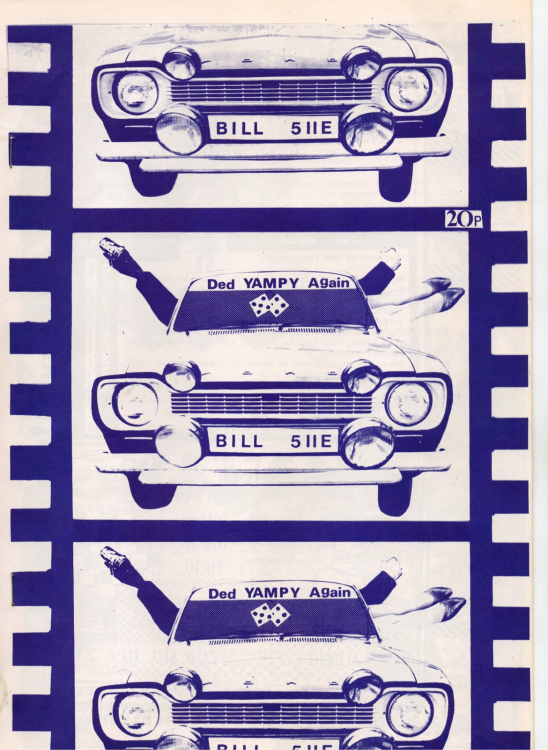
When comparing fanzines from the same time around the world, what are similarities and some differences if any?
Looking at 80s fanzines from different parts of the world, the biggest contrast is between the US fanzines and European ones. US fanzines tended to be mainly printed not photocopied, had a much larger circulation, more densely packed content, and actually had staff! Maximum Rock and Roll and Flipside are good examples of that. Within Europe, anarchist punk fanzines seemed really popular in Italy and Scandinavia. Germany went more for Goth fanzines. That’s a huge generalization of course! Each country produced a huge range
At the end of Tales From The Ghost Town you mention the impact the fanzines had is not the same now. It cannot be repeated? Although fanzines are still around, are they really just a lost art and do they still have a role to play in the underground? Who is doing what the fanzine editors did back then now?
It is definitely the case that the influence of fanzines on the music scene will never again be what it was at its peak in the late 1970s and early 1980s. That’s just a fact of history. It isn’t a lost art form though. Fanzines still exist and have a role to play, just not a pivotal one. Its largely moved online now, but in the process handed power over the means of production to Google, Wordpress, Instagram, Facebook and others. That’s the big difference and why it is so much harder to fight back now.
A lot of the fanzines had very limited runs of a few issues? Did people lose interest or lose too much money to continue? Tony from Soft Watch mentioned leaving the fanzine to concentrate on being a musician.
There were all sorts of reasons for fanzines stopping. Some were only conceived of as one offs, others were moments in time for their creators and when that moment passed, they moved on to other things, some producers got disillusioned, or ran out of ideas and inspiration. Fanzines pretty much always lost money, so that was a major reason for stopping too. However, just because not all of them had long runs didn’t mean they added no value. There were some brilliant fanzines created that only lasted one or two issues. The fact they were created in the first place is the important thing.
What did you discover in your experiences and research? Who would this book appeal to?
That’s all covered in the book. The overriding message is that, for those producing these fanzines, it had a lasting influence on many of them for the rest of their lives. That sounds bizarre, but it often set them off on a path that lead to them taking up careers as journalists, musicians, or in the media. The book has a wide appeal I think, not only to those there at the time, or involved in producing fanzines, but also those interested in why and how they were created and the energy of the times, which was unique, hence the continued interest in what was produced in the late 70’s/early 80s.
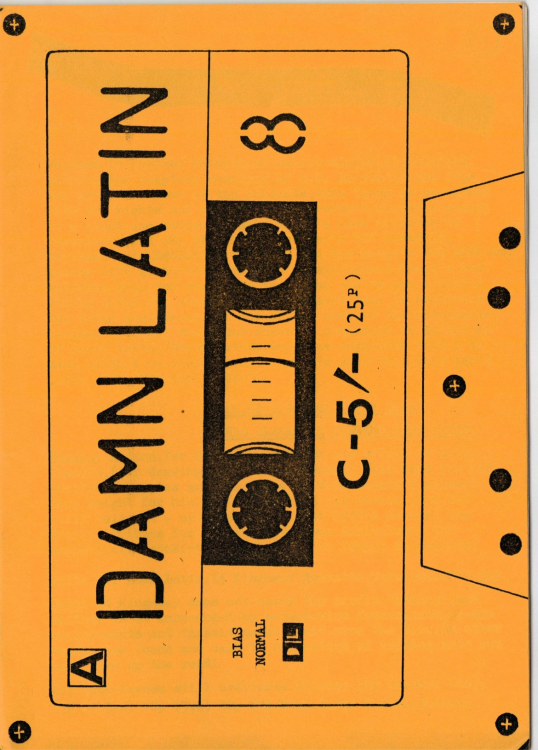
We at Brutal Resonance have covered a lot of Alan Rider related material and look forward to what's next. What is your next project? You did mention a possible website for fanzines as well as new music. Tell us a little about your future plans?.
The next book will be about Third Mind Records, which Brutal Resonance readers will know signed and broke Front Line Assembly, Attrition, and others. That’s in the early stages right now, but I am fortunate in that I know the label well from when we were all working together, along with many of the bands and people involved so it won’t be hard to talk to them and collect their insight. I am also working on a musical project with Austrian based act Hiroshomabend that will surface shortly. I am working on reviving my Adventures in Reality label too, so there is plenty to keep me busy!




